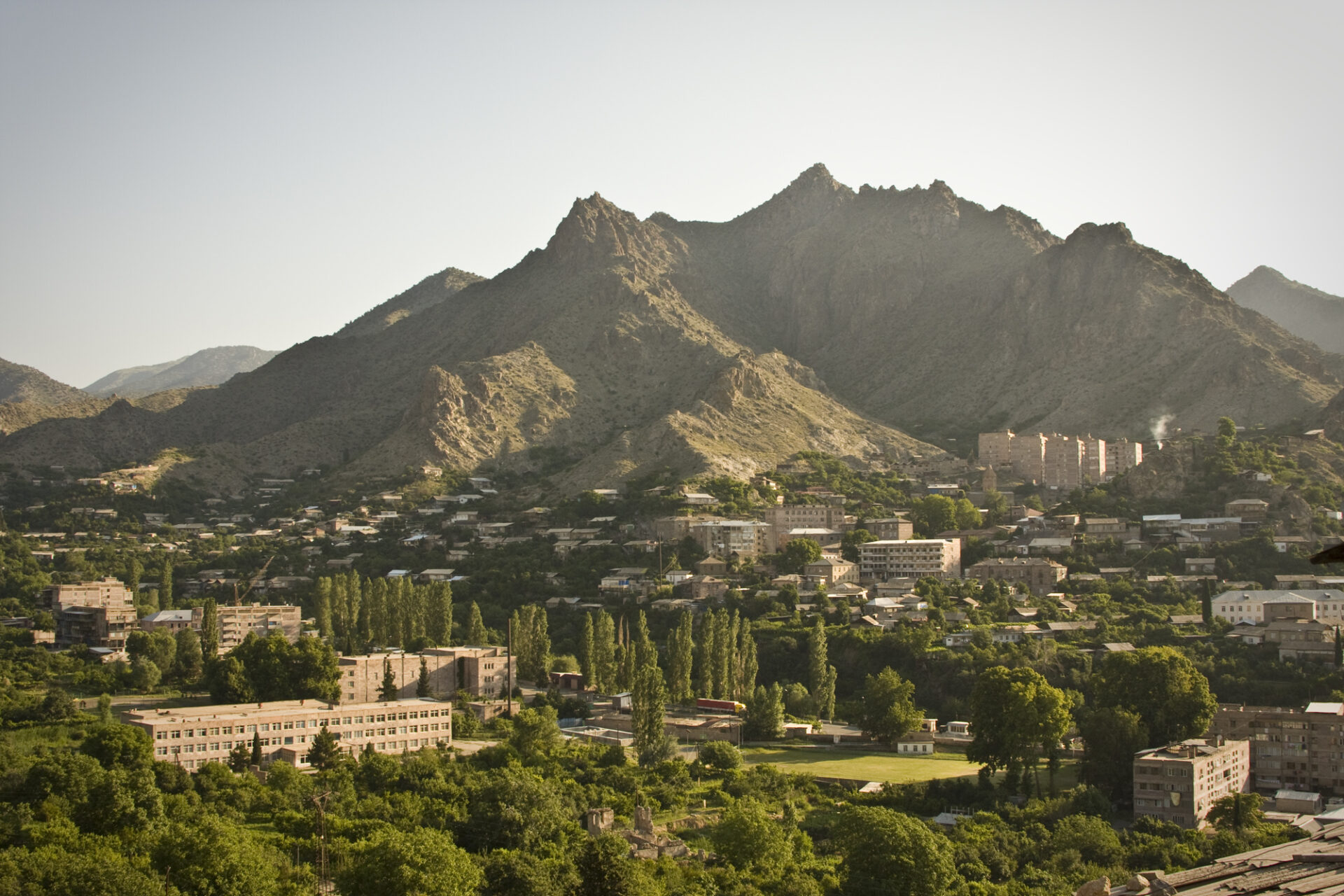The Armenian government has rejected a proposal by the United States to lease a transit road passing through the Syunik region that would connect Azerbaijan to its Nakhichevan exclave via Armenian territory. The plan, reportedly part of a broader U.S.-backed regional unblocking initiative, was dismissed due to concerns over compromising national sovereignty, according to Civil Contract MP Arman Yeghoyan, Chair of the Armenian Parliament’s Committee on European Integration.
“The U.S. proposed leasing the road, but we did not accept it, as we saw a threat to our sovereignty,” Yeghoyan told Factor TV in an interview.
He emphasized that while the Armenian government remains open to unblocking regional communications, this must occur strictly “within the framework of sovereignty, jurisdiction, reciprocity, and territorial integrity.”
U.S. Proposal and Armenian Response
On July 11, U.S. Ambassador to Turkey Thomas Barrack revealed that Washington had proposed a 100-year lease arrangement on the would-be transport corridor in an effort to help facilitate a peace agreement between Armenia and Azerbaijan. Under the proposal, an American company would oversee the transit route through Armenia’s strategically significant Syunik province.
However, the offer was met with rejection from Armenian officials. On July 14, Prime Minister Pashinyan’s press secretary, Nazeli Baghdasaryan, ruled out the plan, citing Armenian law, which only permits the lease of agricultural land for farming or grazing purposes.
“The Republic of Armenia has not discussed and is not discussing delegating control over any part of a third party’s sovereign territory. No part of the territory of the Republic of Armenia can be outside the territorial integrity, sovereignty, or jurisdiction of the Republic of Armenia,” she stated in response to a question from Armenpress.
Despite this, Pashinyan himself appeared to show some flexibility when addressing the issue during a news conference two days later.
“Under our legislation… this is called a construction permit,” he said. “And under certain conditions, investments granted under this right to build remain or become the property of the Republic of Armenia after the expiration of a contract.”
However, he spoke more firmly a few days later, after the President of Azerbaijan once again reiterated his demands, calling for an unobstructed road through Armenia to Nakhichevan.
“Azerbaijani cargo and Azerbaijani citizens should not see the face of Armenian border guards or anyone else,” Ilham Aliyev declared.
Pashinyan responded sharply and directly through his spokesperson on July 21, stating that such a demand goes against the spirit and letter of the negotiations.
“All of this must take place based on the full respect for the territorial integrity, sovereignty, and jurisdiction of both countries, and on the principle of reciprocity,” she stated.
Yeghoyan further clarified the government’s stance, reiterating that the proposal is “not on the agenda” of Armenia-Azerbaijan negotiations because of its sovereignty implications.
“The Americans had such an idea, but it was not acceptable to us… because we saw a danger of ceding our sovereignty there,” he said.
He also refuted rumors—reportedly originating from Russian sources—that the U.S. might station troops along the corridor or bring a Turkish company into Armenia as part of the arrangement.
Broader Implications and Opposition Response
Ambassador Barrack, speaking more broadly on regional unblocking, noted that in the United States, such infrastructure issues are often resolved by leasing roads to ensure open access.
“That way, everyone can use it,” he said, but acknowledged that cultural and geopolitical sensitivities in the South Caucasus region make such solutions more complex.
Prime Minister Pashinyan met with Azerbaijani President Ilham Aliyev on July 10 and later suggested at a press conference on July 16 that he could be open to arrangements facilitating regional connectivity. However, specifics around sovereignty and control remain central to Yerevan’s position.
Opposition groups in Armenia have voiced strong criticism of the U.S. proposal. They argue that leasing such a corridor would undermine Armenia’s sovereignty over Syunik—the country’s sole province bordering Iran—and open the door to extraterritorial control by Azerbaijan or foreign entities.
Aliyev recently demanded that transit of people and cargo through Syunik be exempted from Armenian border controls. This was promptly rejected by Pashinyan’s spokesperson, who called it a “hidden territorial claim against Armenia.”


